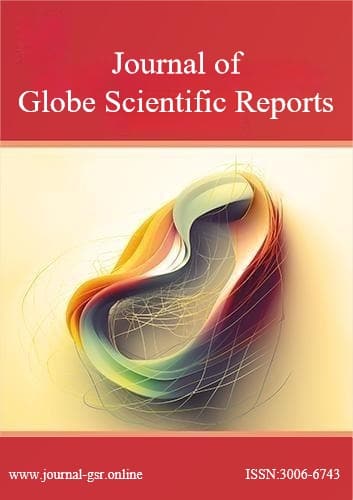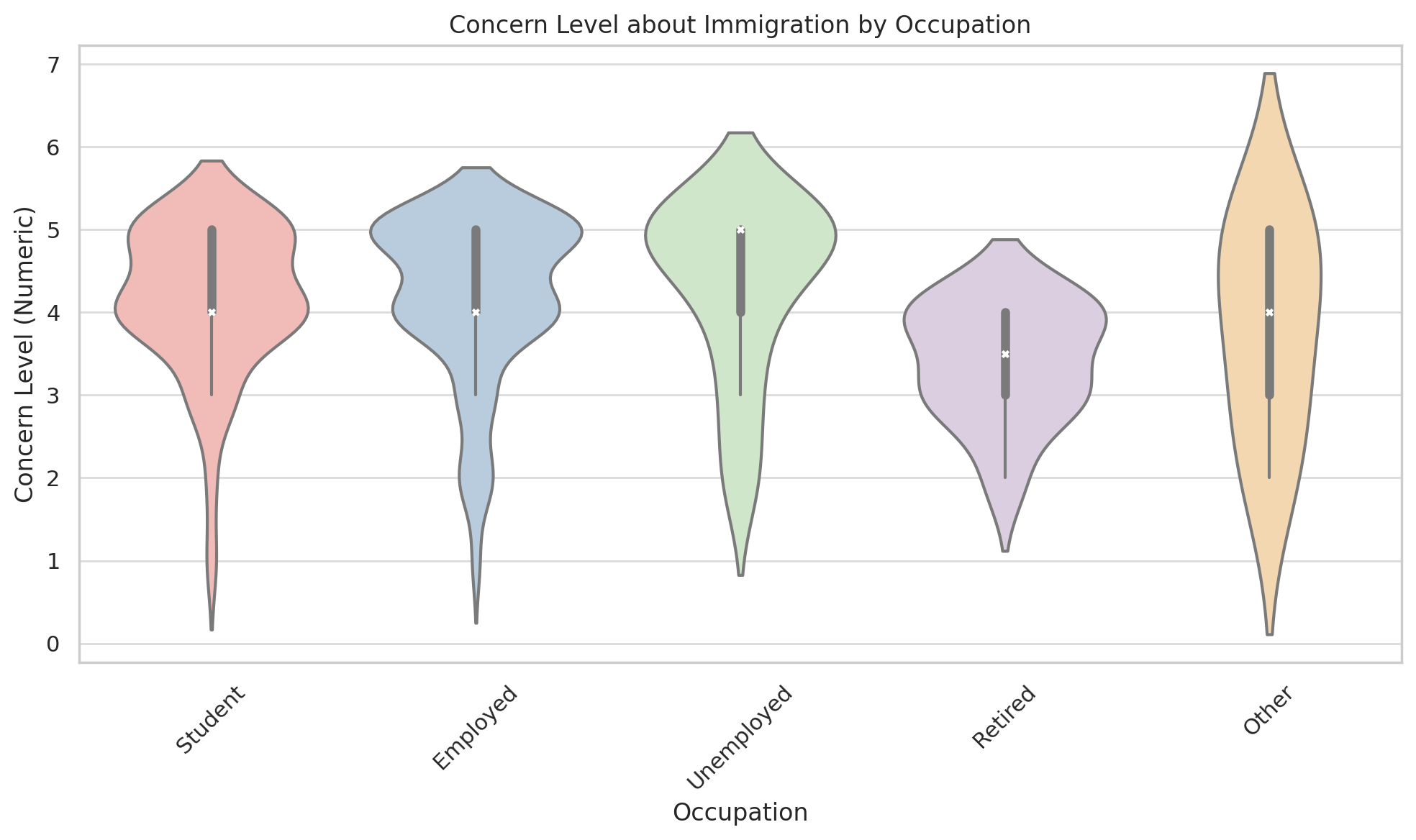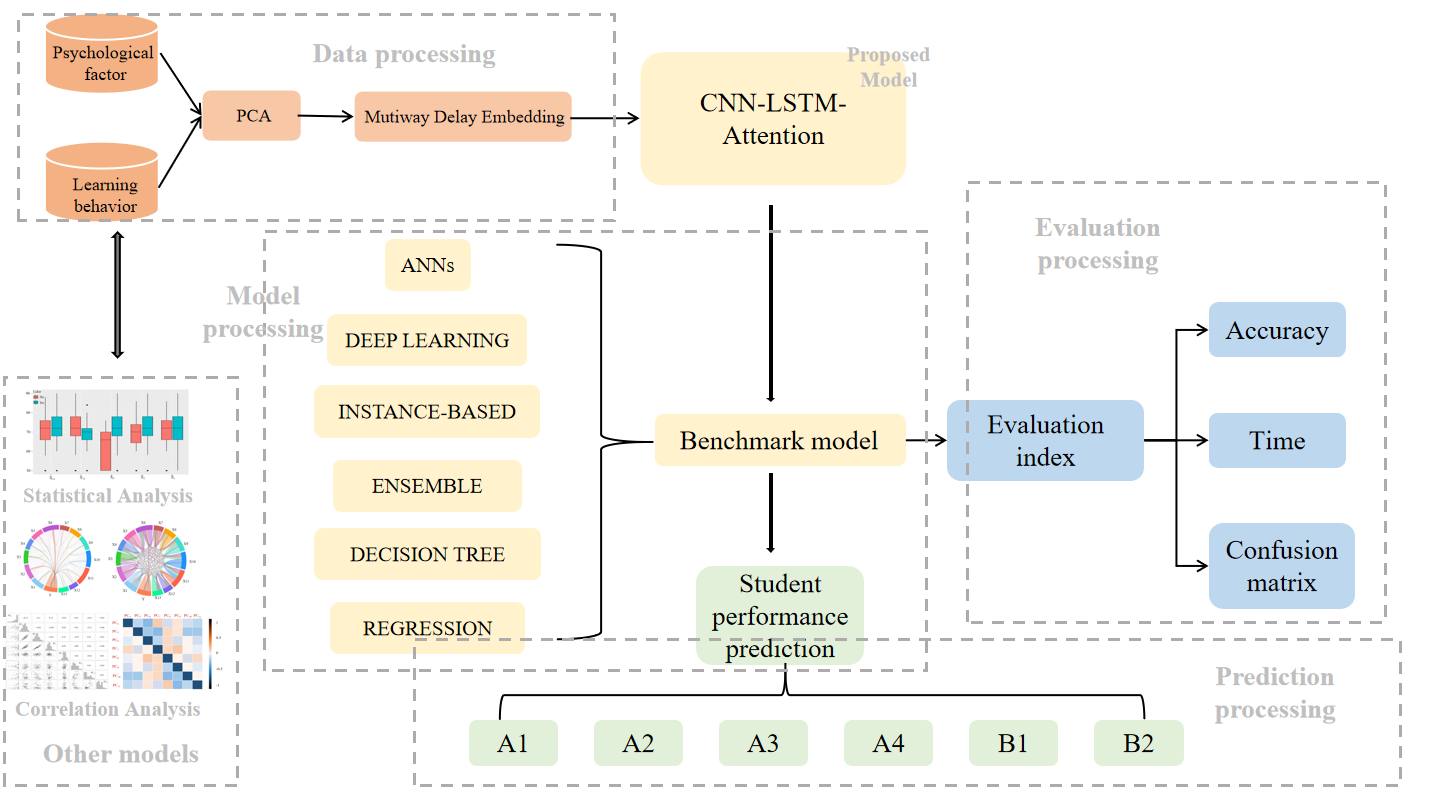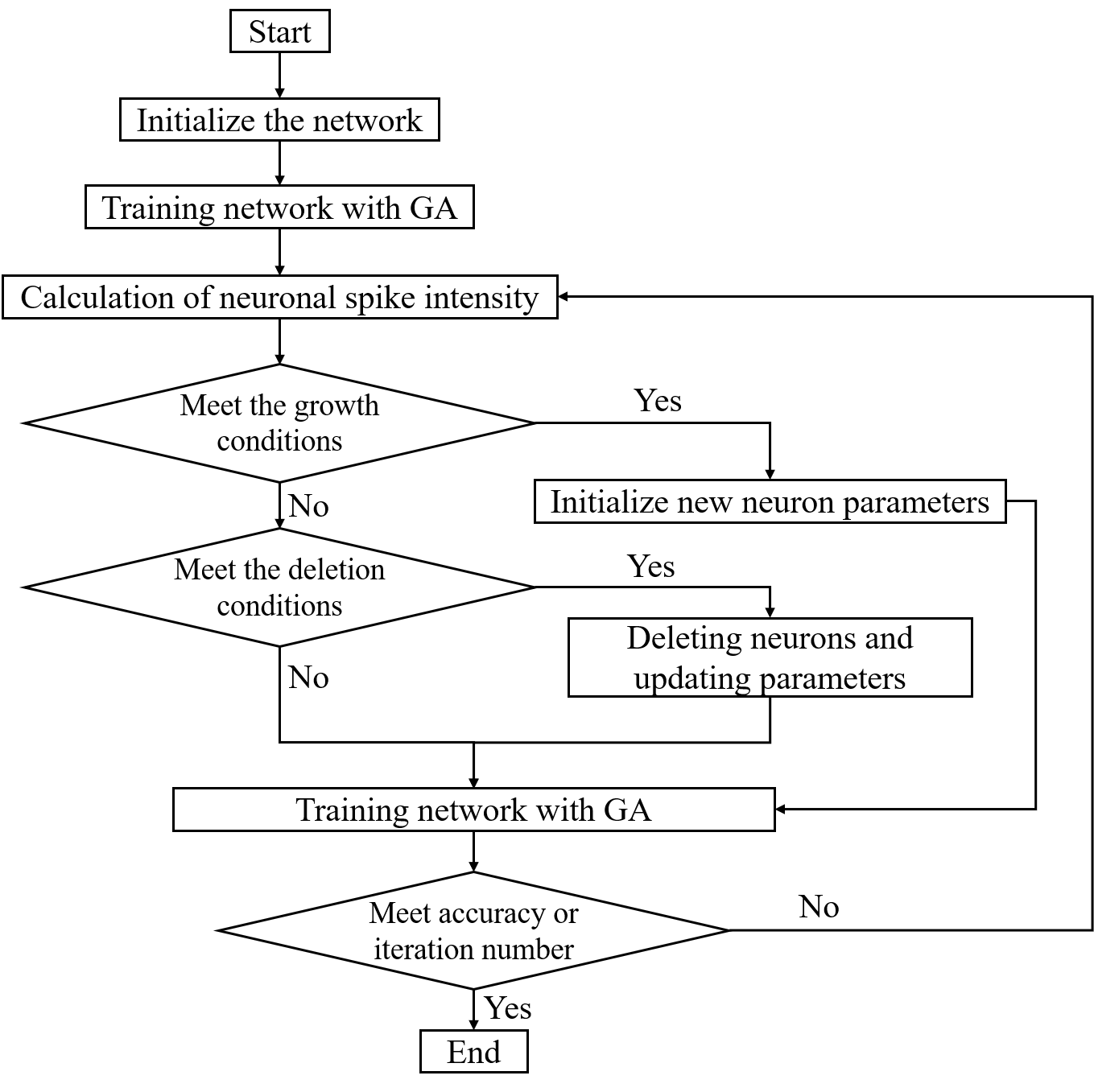 An open access journal
An open access journal
A Study on Olympic Medal Table Prediction Based on LSTM and DBILSTM
Abstract
This paper focuses on the prediction of Olympic medals list, using Long Short-Term Memory (LSTM) and two-order bi-directional long short-term memory neural network (DBILSTM) models. The study collates and cleans the data related to several Olympic Games, selects 10 variable indicators such as the gender of athletes, consecutive awards, the proportion of national participation and awards, etc., and applies the LSTM model to predict the number of medals of some countries in 2028, and passes the tests of MAE, RMSE, and MAPE indexes, and the results show that the model accuracy is good. Meanwhile, the innovative DBILSTM model is used to effectively integrate the information before and after the sequence to calculate the probability of multiple countries winning the first medal in 2028. The results of this research provide valuable references for countries to formulate sports development strategies and commercial layout of events, and also contribute new methods and ideas to the field of sports event forecasting.
Share and Cite
Article Metrics
References
- Nagpal P, Gupta K, Verma Y, et al. Paris Olympic (2024) Medal Tally Prediction[C]//International Conference on Data Management, Analytics & Singapore: Springer Nature Singapore, 2023: 249-267.
- Zhao S, Cao J, Steve J. Research on Olympic medal prediction based on GA-BP and logistic regression model[J]. F1000Research, 2025, 14: 245.
- He Z, Wang Z. Prediction of olympic medal count for USA based on robust time series model and computer implementation[C]//Third International Conference on Electronic Information Engineering and Data Processing (EIEDP 2024). SPIE, 2024, 13184: 1361-1369.
- Schlembach C, Schmidt S L, Schreyer D, et al. Forecasting the Olympic medal distribution-a socioeconomic machine learning model[J]. Technological Forecasting and Social Change, 2022, 175: 121314.
- Huimin S H I, Dongying Z, Yonghui Z. Can Olympic Medals Be Predicted? Based on the Interpretable Machine Learning Perspective[J]. Journal of Shanghai University of Sport, 2024, 48(4): 26-36.
- Bernard A B, Busse M R. Who wins the Olympic Games: economic resources and medal totals[J]. Review of economics and statistics, 2004, 86(1): 413-417.
- Johnson D K N, Ali A. Coming to play or coming to win: Participation and success at the Olympic Games[J]. Wellesley College Dept. of Economics Working Paper, 2000 (2000-10).
- Jones G J, Edwards M B, Bocarro J N, et al. An integrative review of sport-based youth development literature[J]. Sport in Society, 2017, 20(1): 161-179.
- Smith D J. A framework for understanding the training process leading to elite performance[J]. Sports medicine, 2003, 33: 1103-1126.
- Schlembach C, Schmidt S L, Schreyer D, et al. Forecasting the Olympic medal distribution-a socioeconomic machine learning model[J]. Technological Forecasting and Social Change, 2022, 175: 121314.






